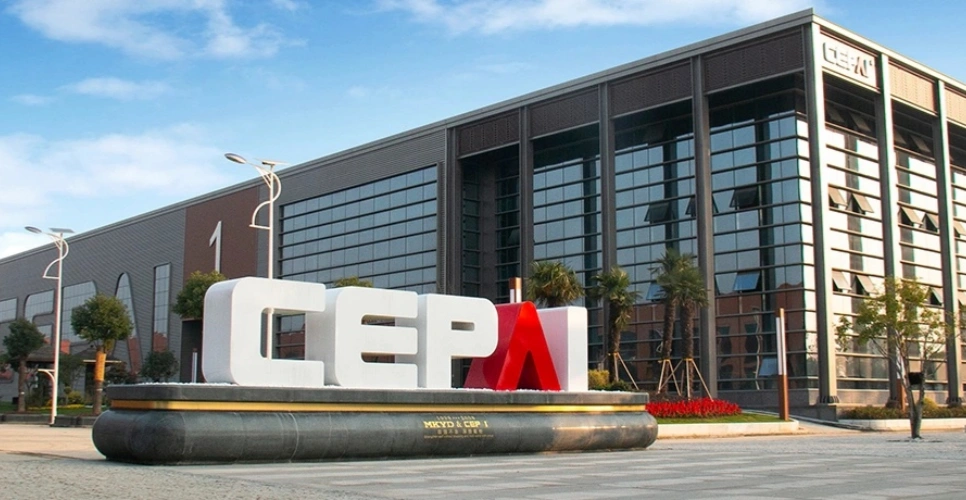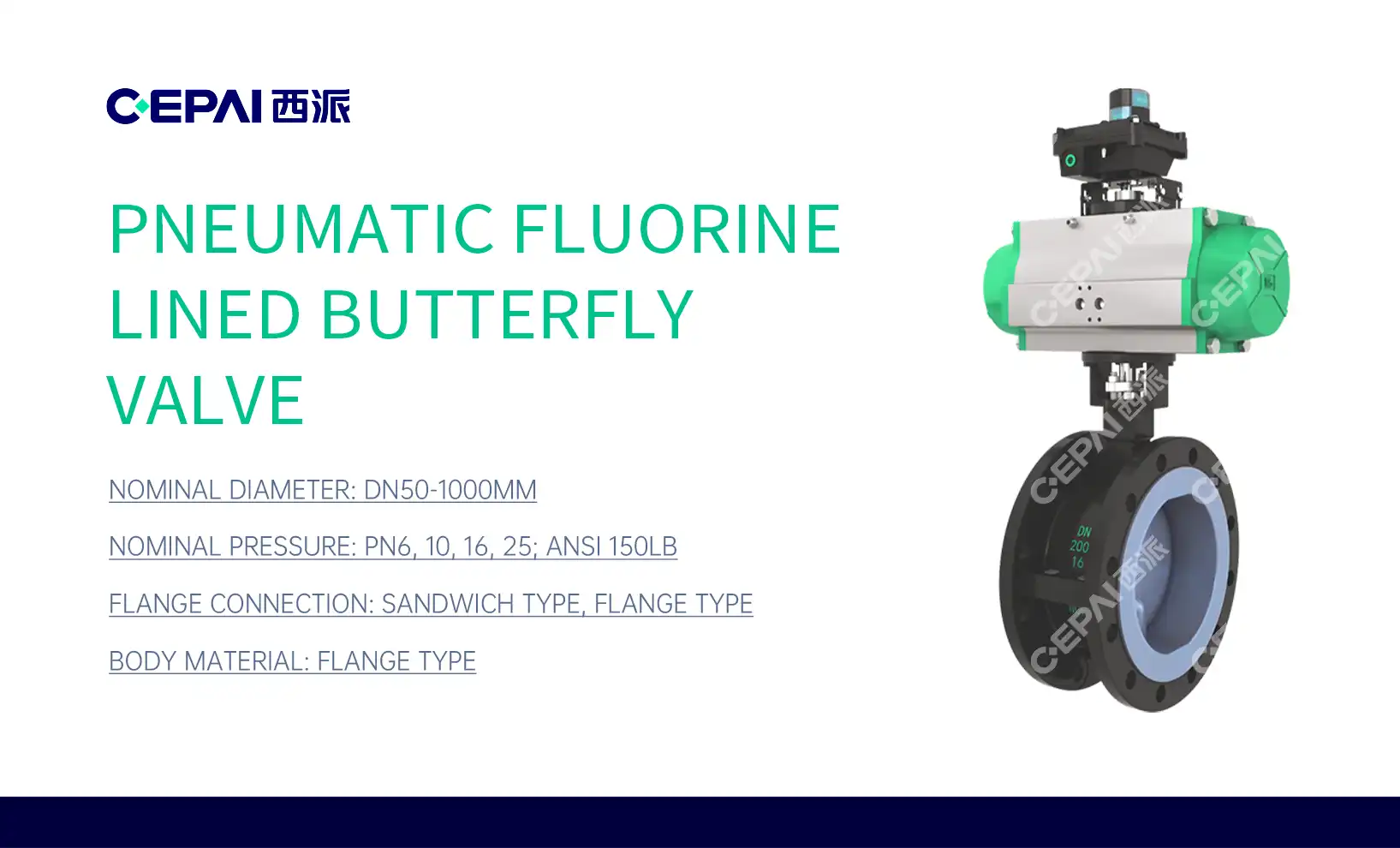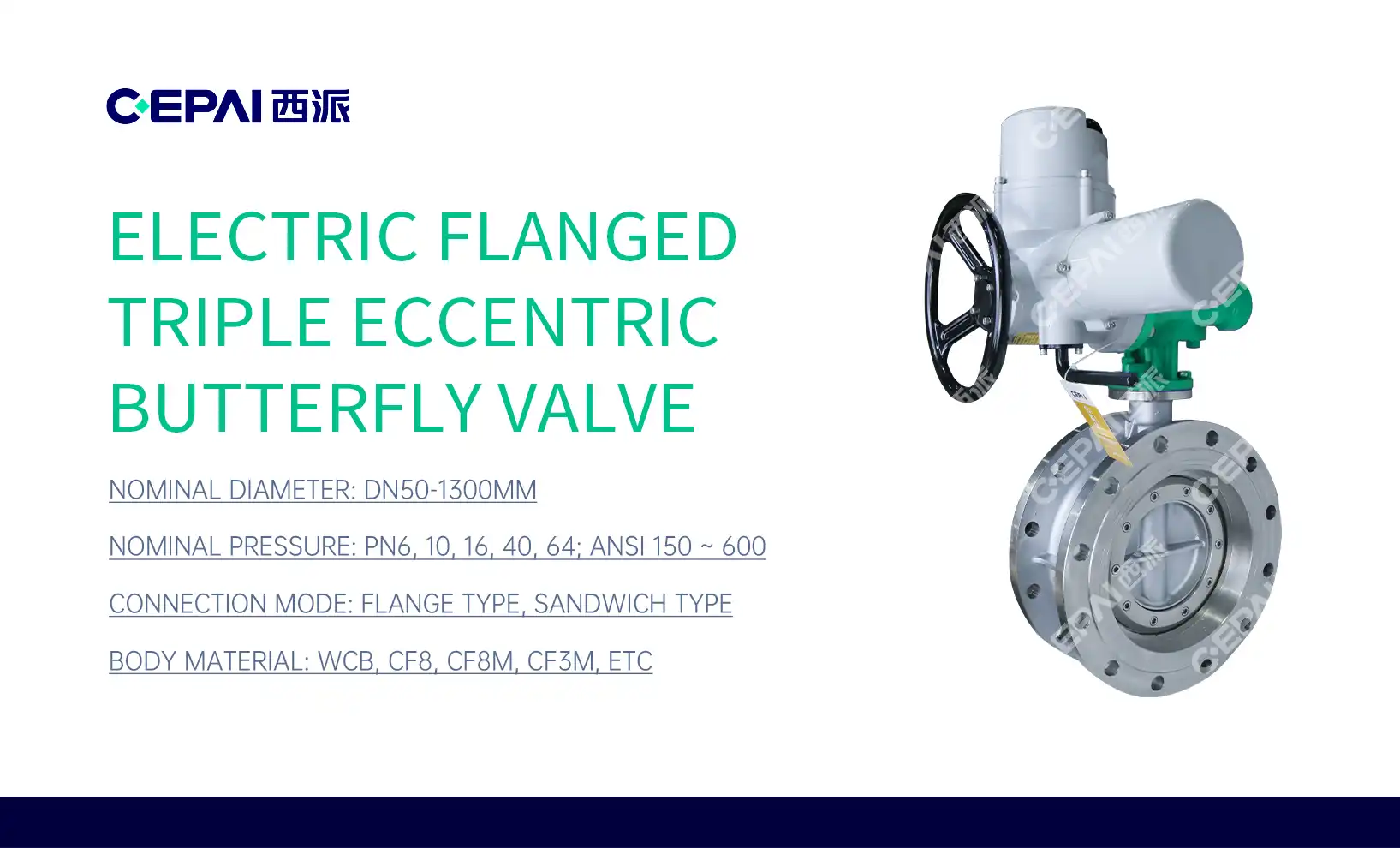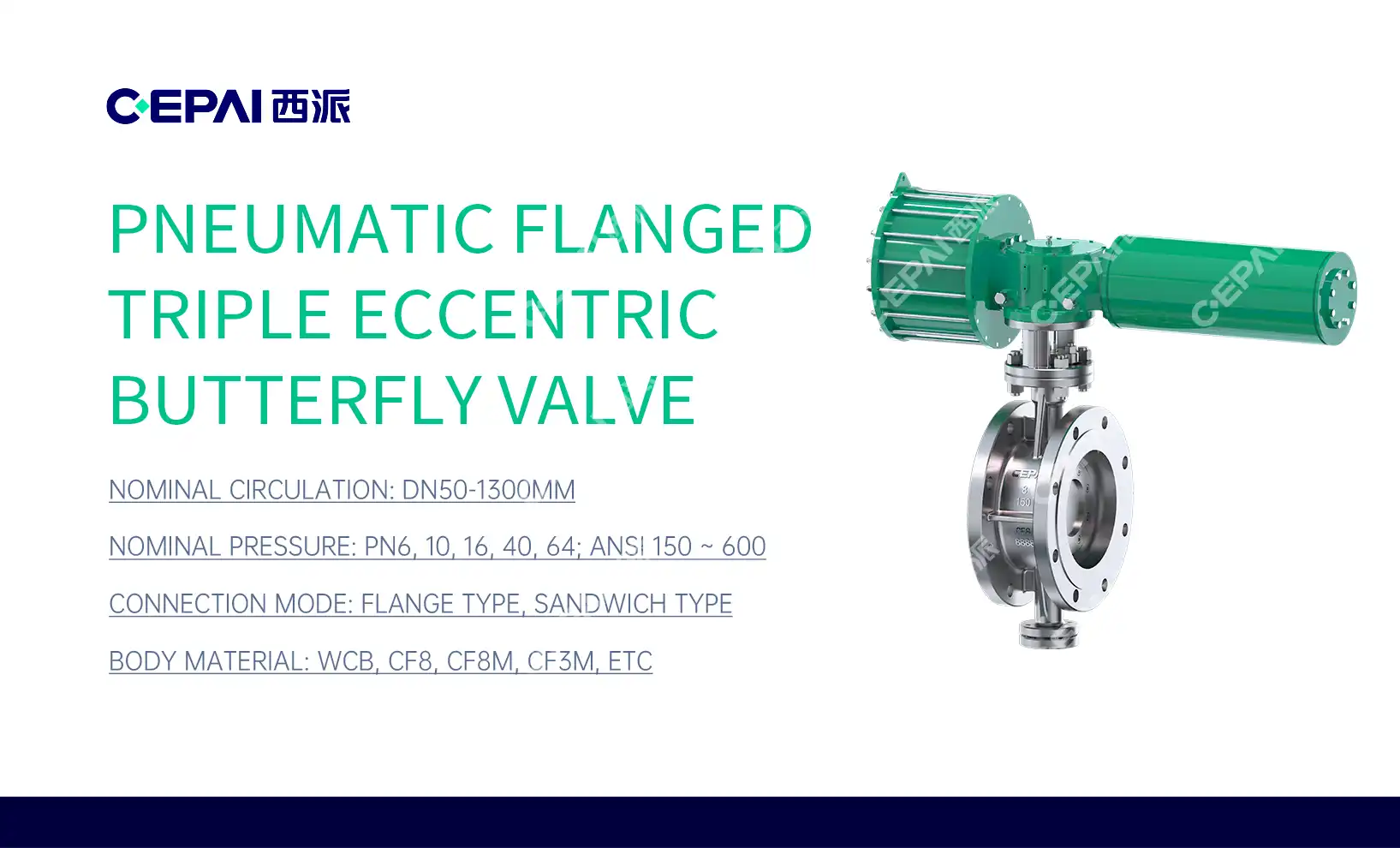Essential Factors to Consider When Choosing an Industrial Valve Supplier
Quality Assurance and Certifications
When selecting an industrial valve supplier, quality assurance should be at the forefront of your considerations. Look for suppliers who adhere to stringent quality control measures and possess relevant industry certifications. These certifications demonstrate the supplier's commitment to maintaining high standards in their manufacturing processes and product quality.
Reputable suppliers often hold certifications such as ISO 9001 for quality management systems, API 6D for pipeline valves, and API 6A for wellhead and Christmas tree equipment. These certifications ensure that the supplier follows internationally recognized standards in their production processes, resulting in reliable and durable valves.
Moreover, inquire about the supplier's testing procedures. A trustworthy valve manufacturer will conduct rigorous testing on their products, including pressure tests, leak tests, and performance evaluations. This comprehensive testing approach helps guarantee that the products meet or exceed industry standards and can withstand the demanding conditions of industrial applications.
Product Range and Specialization
A reliable industrial valve supplier should offer a diverse range of the product types to cater to various applications. This includes ball valves, gate valves, globe valves, check valves, and butterfly valves, among others. Having a wide selection allows you to source multiple valve types from a single supplier, streamlining your procurement process and ensuring consistency in quality across different valve categories.
Additionally, consider suppliers who specialize in the products for your specific industry. For instance, if you're in the oil and gas sector, look for suppliers with expertise in high-pressure, corrosion-resistant valves designed for harsh environments. Specialization often translates to deeper product knowledge and the ability to provide tailored solutions for your unique requirements.
Furthermore, evaluate the supplier's capacity to offer customized product solutions. A flexible manufacturer who can modify standard designs or create bespoke valves to meet your exact specifications can be invaluable, especially for complex or unconventional applications.
Technical Support and After-Sales Service
The level of technical support and after-sales service provided by a valve supplier can significantly impact your operations. Choose a supplier that offers comprehensive technical assistance, including valve selection guidance, installation support, and troubleshooting advice. This expertise can help you optimize valve performance and prevent potential issues.
Inquire about the supplier's response time for technical queries and their ability to provide on-site support when needed. A responsive supplier can help minimize downtime and resolve valve-related problems quickly, ensuring smooth operations in your facility.
Additionally, consider the availability of spare parts and the supplier's warranty terms. A reliable supplier should maintain an adequate inventory of spare parts and offer reasonable warranty coverage, demonstrating their confidence in their products and commitment to customer satisfaction.
Evaluating the Reputation and Track Record of Valve Suppliers
Industry Experience and Client References
When assessing potential industrial valve suppliers, their industry experience plays a crucial role in determining their reliability. Suppliers with a long-standing presence in the market have likely weathered various challenges and adapted to evolving industry standards, indicating their stability and commitment to the field.
Request client references and case studies from the supplier to gain insights into their performance and customer satisfaction levels. Speaking with existing clients can provide valuable information about the supplier's reliability, product quality, and ability to meet deadlines. Pay attention to feedback regarding the supplier's handling of complex projects or their response to unexpected issues, as these situations often reveal a company's true capabilities.
Additionally, explore the supplier's involvement in industry associations or their participation in trade shows and conferences. Active engagement in the industry demonstrates their commitment to staying updated with the latest technological advancements and best practices in valve manufacturing.
Financial Stability and Manufacturing Capabilities
The financial stability of a valve supplier is a critical factor to consider, especially when entering into long-term supply agreements. A financially sound supplier is more likely to invest in research and development, maintain quality standards, and fulfill orders consistently. You can assess a company's financial health by reviewing their annual reports, credit ratings, or requesting financial statements.
Evaluate the supplier's manufacturing capabilities, including their production capacity, equipment, and facilities. A supplier with modern, well-maintained manufacturing facilities is better positioned to produce high-quality valves consistently and meet varying demand levels. Consider arranging a facility tour to observe their production processes firsthand and assess their quality control measures in action.
Furthermore, inquire about the supplier's inventory management practices and their ability to handle rush orders or large-volume requests. A supplier with robust inventory systems and flexible production capabilities can better accommodate your changing needs and minimize lead times.
Innovation and Continuous Improvement
In the rapidly evolving industrial landscape, a valve supplier's commitment to innovation and continuous improvement is paramount. Look for suppliers who invest in research and development to enhance their product offerings and manufacturing processes. Innovative suppliers often introduce new product designs or materials that can improve performance, durability, or efficiency in industrial applications.
Assess the supplier's track record in developing solutions for emerging industry challenges, such as increasing environmental regulations or the need for more energy-efficient designs. A forward-thinking supplier can provide valuable insights and products that help you stay ahead of industry trends and regulatory requirements.
Additionally, consider the supplier's approach to sustainability and environmental responsibility. Many industries are placing greater emphasis on reducing their environmental impact, and choosing a valve supplier aligned with these goals can contribute to your organization's sustainability efforts.
Making the Final Decision: Balancing Quality, Cost, and Service
Total Cost of Ownership Considerations
When selecting an industrial valve supplier, it's crucial to look beyond the initial purchase price and consider the total cost of ownership (TCO). This comprehensive approach takes into account factors such as installation costs, maintenance requirements, energy efficiency, and the expected lifespan of the products.
While a supplier offering lower upfront costs may seem attractive, their products might result in higher long-term expenses due to frequent replacements, increased maintenance, or poor energy efficiency. Conversely, investing in higher-quality products from a reputable supplier can lead to significant savings over time through reduced downtime, lower maintenance costs, and improved operational efficiency.
Consider requesting a TCO analysis from potential suppliers, which should include factors such as expected lifespan, maintenance intervals, and energy consumption. This information will help you make a more informed decision based on the long-term value rather than just the initial price tag.
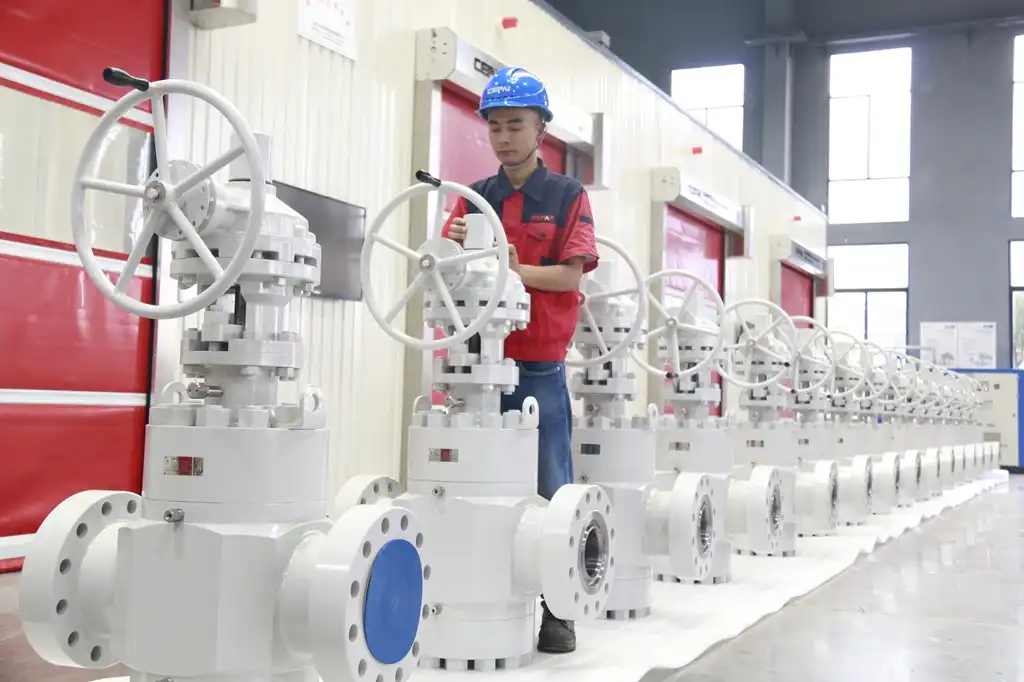
Supplier Relationship Management
Building a strong, collaborative relationship with your valve supplier can yield numerous benefits for your organization. Look for suppliers who demonstrate a genuine interest in understanding your business needs and are willing to work as partners rather than just vendors.
Evaluate the supplier's communication practices and their willingness to engage in regular performance reviews. A supplier who proactively seeks feedback and continuously strives to improve their products and services can become a valuable asset to your operations.
Consider the supplier's flexibility in terms of order quantities, delivery schedules, and payment terms. A supplier who can accommodate your specific requirements and adapt to your business cycles can significantly enhance your supply chain efficiency and responsiveness.
Global Reach and Local Support
For businesses with international operations or those considering expansion, a valve supplier's global reach can be a significant advantage. A supplier with a worldwide presence can offer consistent quality and service across different locations, simplifying your procurement processes and ensuring product uniformity.
However, it's equally important to assess the supplier's local support capabilities. Even with a global presence, the ability to provide timely local support, including technical assistance and spare parts availability, is crucial for minimizing downtime and resolving issues promptly.
Investigate the supplier's distribution network, service centers, and local representation in the regions where you operate. A combination of global expertise and strong local support can provide the best of both worlds, ensuring you receive high-quality products backed by responsive, on-the-ground assistance when needed.
Conclusion
Selecting a reliable industrial valve supplier is a critical decision that can significantly impact your operations' efficiency, safety, and cost-effectiveness. By carefully evaluating factors such as quality assurance, product range, technical support, industry reputation, and long-term value, you can make an informed choice that aligns with your specific needs. Remember that the ideal supplier is not just a vendor but a strategic partner who contributes to your business success through high-quality products, excellent service, and ongoing support. Invest time in thorough research and assessment to forge a relationship with a dependable valve supplier that can meet your current requirements and adapt to your future needs.
FAQs
1. What are the most important factors to consider when choosing an industrial valve supplier?
Key factors include quality certifications, product range, technical support, industry experience, and total cost of ownership.
2. How can I verify a supplier's quality standards?
Look for certifications like ISO 9001, API 6D, and API 6A, and inquire about their testing procedures.
3. Is it better to choose a specialized valve supplier or one with a broad product range?
It depends on your needs. Specialized suppliers offer deep expertise in specific areas, while those with broad ranges provide convenience and consistency across different product types.
4. How important is after-sales service when selecting a valve supplier?
Very important. Good after-sales service ensures prompt support, minimizes downtime, and contributes to the long-term value of your investment.
Choose CEPAI for Your Industrial Valve Needs
CEPAI Group is your trusted partner for high-quality industrial valves, instruments, and petroleum machinery. With our commitment to excellence, we offer a comprehensive range of products designed to meet the most demanding industry standards. Our state-of-the-art manufacturing facilities and rigorous quality control processes ensure that every valve we produce meets the highest performance and reliability benchmarks. As a leading valve supplier, factory, and manufacturer, we pride ourselves on our innovative solutions and customer-centric approach. Experience the CEPAI difference today. For more information or to discuss your specific requirements, contact us at cepai@cepai.com.

References
Smith, J. (2022). "Industrial Valve Selection: A Comprehensive Guide for Engineers." Journal of Industrial Engineering, 45(3), 287-302.
Johnson, M. R. (2021). "Quality Assurance in Valve Manufacturing: Best Practices and Industry Standards." International Journal of Quality Control, 33(2), 156-170.
Brown, A. L. (2023). "The Impact of Supplier Relationships on Industrial Valve Performance." Supply Chain Management Review, 18(4), 62-75.
Thompson, K. S. (2022). "Innovation in Industrial Valve Design: Trends and Future Prospects." Journal of Mechanical Engineering Innovations, 29(1), 41-55.
Davis, R. E. (2021). "Total Cost of Ownership Analysis for Industrial Valves: A Case Study Approach." Industrial Economics Review, 37(3), 210-225.
Wilson, T. H. (2023). "Global Supply Chain Considerations in Industrial Valve Procurement." International Journal of Supply Chain Management, 14(2), 98-112.
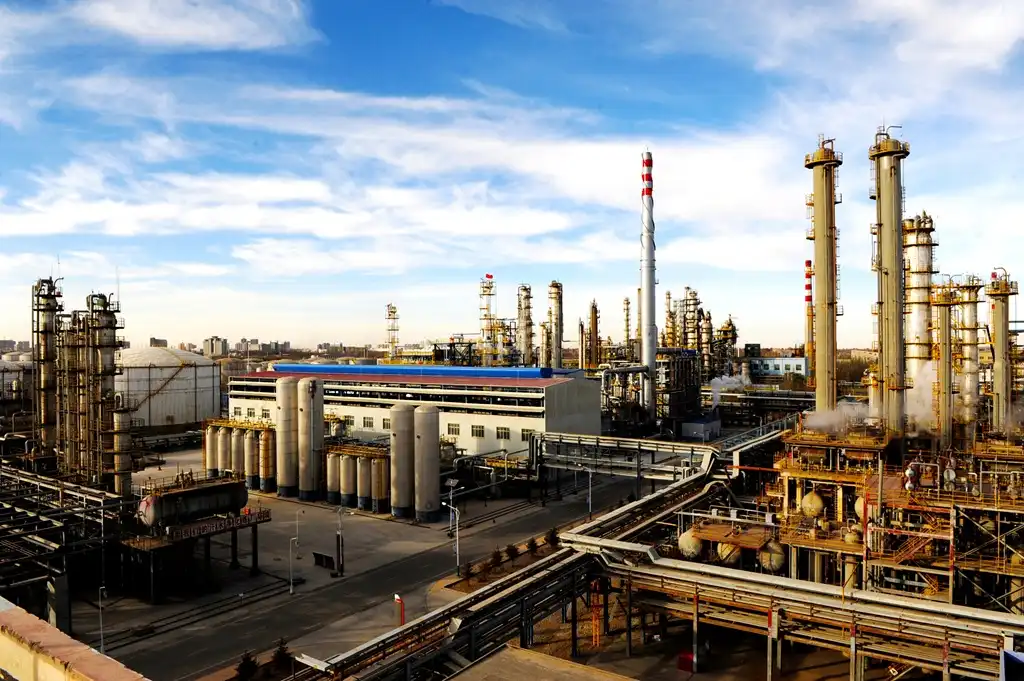
_1746598525968.webp)
